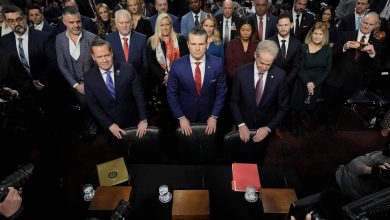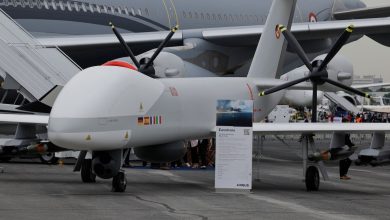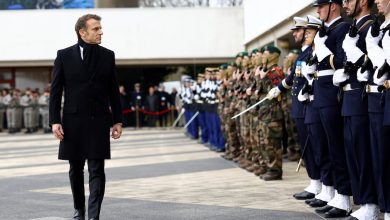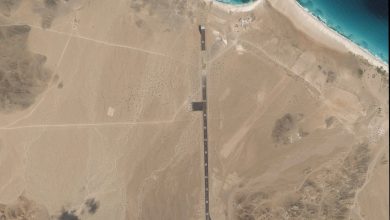US signs long-sought intelligence sharing deal with the Philippines
MANILA, Philippines — The U.S. and the Philippines finished an agreement on how to share classified information, firming the foundation for their militaries to operate together.
The deal, known as the General Security of Military Information Agreement, or GSOMIA, is in essence a leveling floor. It enforces a basic set of standards for how the two countries handle classified information, making it easier for America to share such data in times of need.
“We see the Philippines as a full partner now,” a U.S. defense official said.
Washington and Manila have been negotiating the deal for more than two years, as part of a larger effort to make their militaries closer partners. Until a few years ago, the Philippines had been drifting toward China, concerned that the U.S. was a haphazard ally.
That changed in 2022 with the election of Ferdinand Marcos jr, the Philippines’ current, pro-American president. During his term Manila has granted the U.S. military access to new sites in the country’s north, expanded their yearly exercises and agreed to host equipment like Typhon, a missile launcher that’s caught the attention, and ire, of China.
RELATED
In return, the U.S. has invested in the Philippines’ economy and military, most recently sending $500 million in long-term military aid. With that funding, Manila is buying equipment that will help it monitor its waterways, in particular those in the South China Sea where China has been harassing Filipino sailors and ships resupplying outposts.
That equipment will start to be delivered in a matter of months, U.S. defense officials told reporters traveling here with U.S. Defense Secretary Lloyd Austin. The nascent intelligence sharing deal will make it easier for the Philippines to buy more sensitive American-made weapons.
The Philippines has started an overall renewal of its military, agreeing to spend some $35 billion in the next 10 years, including on a list of weapons already coordinated with Washington. Along with larger exercises, the spending will help prepare its force for larger threats, such as defending the homeland rather than fighting terrorism.
Aside from signing the intelligence sharing agreement Monday, America’s defense secretary watched the groundbreaking for a planning center at Camp Aguinaldo, a military headquarters in Manila. The U.S. Embassy has a growing military presence working out of the base to help the Philippines order equipment, but the new center will help them plan larger exercises together, U.S. officials said.
Noah Robertson is the Pentagon reporter at Defense News. He previously covered national security for the Christian Science Monitor. He holds a bachelor’s degree in English and government from the College of William & Mary in his hometown of Williamsburg, Virginia.
Read the full article here






